Blockchain is a decentralized, distributed ledger technology that records transactions across a network of computers. It first emerged as the underlying technology behind Bitcoin and has since found use cases in various industries including finance, supply chain management, and healthcare.
Here are the top 10 current trends in the blockchain space:
- Decentralized Finance (DeFi): DeFi is a rapidly growing sector that leverages blockchain technology to offer financial services outside of traditional institutions.
- NFTs: Non-fungible tokens (NFTs) are unique digital assets that are verified on the blockchain. They have gained popularity in the art and collectibles space.
- Institutional Adoption: Major financial institutions and corporations are increasing their investment and development in blockchain technology.
- Privacy and Data Security: Blockchain offers enhanced privacy and data security compared to centralized systems, making it an attractive option for individuals and organizations.
- Cross-Chain Interoperability: Interoperability between different blockchain networks is becoming increasingly important to enable seamless transactions and data exchange.
- Smart Contracts: Smart contracts are self-executing contracts with the terms of the agreement written directly into code on the blockchain. They are being adopted for a variety of use cases.
- Central Bank Digital Currencies (CBDCs): Central banks around the world are exploring the use of blockchain technology to create digital versions of their currencies.
- Supply Chain Management: Blockchain is being used to improve transparency, traceability, and efficiency in supply chain management.
- Decentralized Identity: Decentralized identity systems allow individuals to control and protect their personal information without relying on a central authority.
- Environmental Sustainability: Blockchain-based solutions are being developed to address environmental sustainability challenges such as carbon credits, renewable energy, and waste management.

